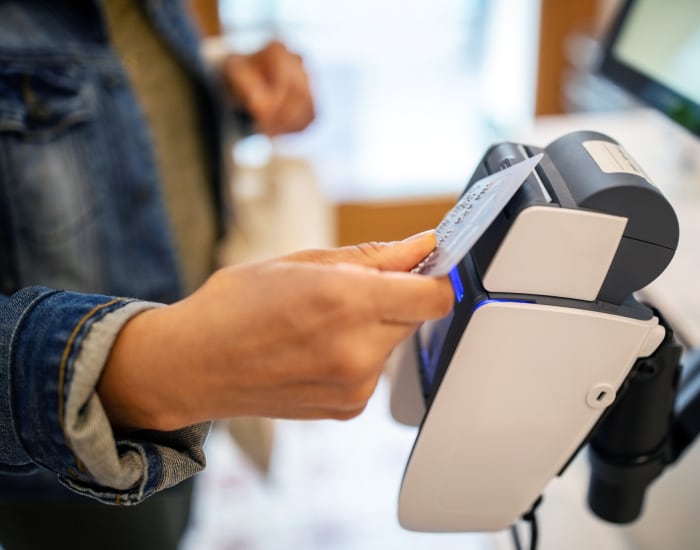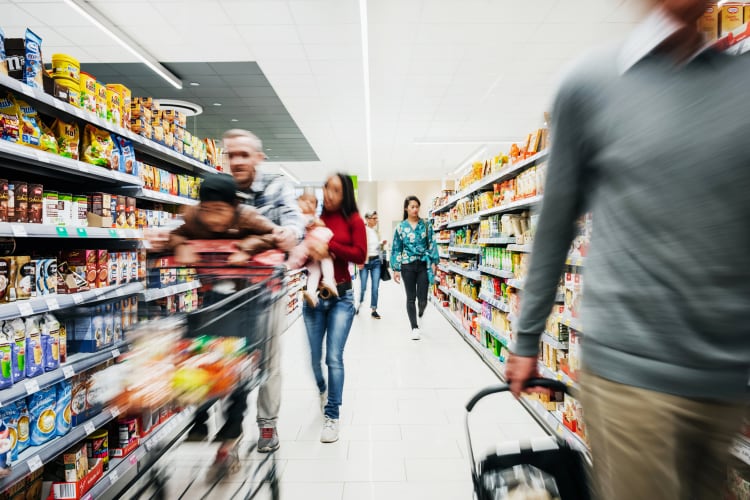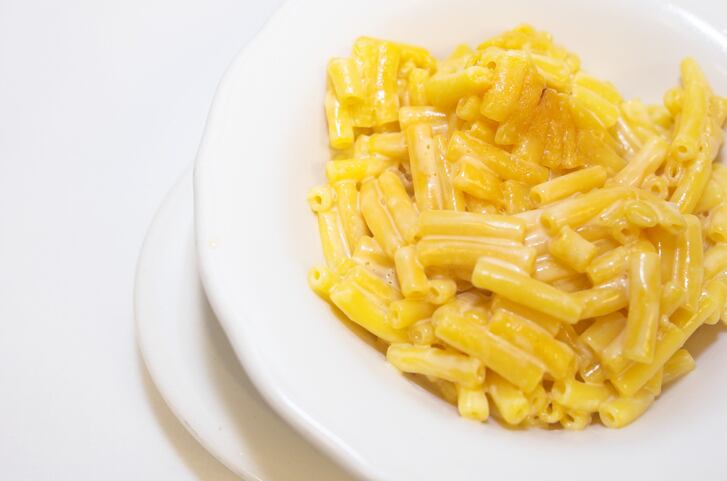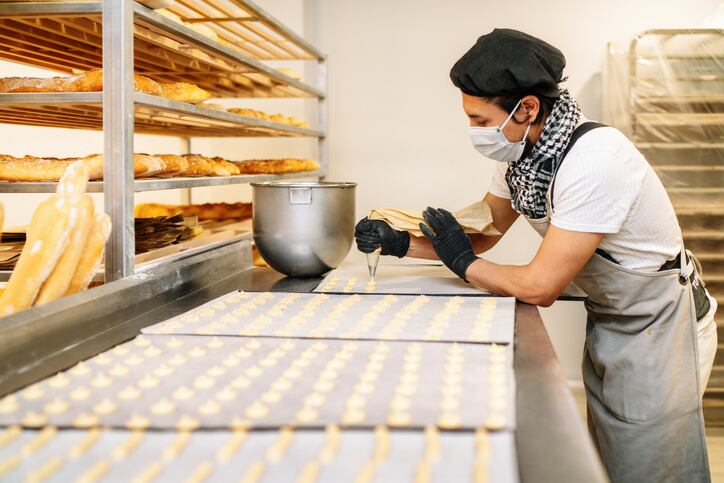Speaking at the Barclays Global Consumer Staples Conference this week, François-Xavier Roger, Chief Financial Officer at the Swiss food giant revealed that the company is bracing for cost inflation to worsen as it moves into 2022.
“It is likely that the input cost inflation will be higher next year than it is this year,” he predicted.
While spiking prices for commodities like coffee and dairy are being felt across the industry, Roger noted that there is a degree of uncertainty around the impact of higher transportation and packaging costs, expenses ‘we can’t hedge’.
“If we look at 2021, it was certainly much more about dairy and meat and grains. Next year, it will be more about coffee as well. But once again, the large part cannot be hedged, which has to do with transportation, which has to do with packaging material,” he told the audience.
Indeed, the food sector is witnessing its highest level of inflationary pressure since 2011. According to the latest commodities price tracker from analyst group Jeffries, Europe’s four largest F&B businesses – including Nestlé – have seen on average a 20-basis point increase in incremental basket inflation relative to mid-May. The biggest cost increases were seen in transportation & distribution and packaging, the September cost tracker confirmed.
Jeffries commodities tracker data:
- Aluminium increased 4% and 2% month-on-month in August and July
- US wheat, sugar, coffee and cocoa were up 9%, 8%, 4% and 6% month-on-month respectively, driven by ‘reduced market supply’ due to severe weather conditions.
- Palm oil was up 7% & 10% month-on-month in August and July respectively due to ‘lower production and tight supply’
“The bottom line is that, while things may not be getting incrementally much worse, there is no let-up in the biggest wave of inflation to hit the industry since 2011,” Jeffries analyst Martin Deboo noted.
Nestlé’s finance chief said the company simply ‘doesn’t know’ if the shift towards commodities inflation is ‘going to be permanent’.
The result, Roger revealed, will be increased prices at the tills. “We don't know if this will go even further into 2023. We will have a fairly pragmatic approach … which is to offset anything that we receive through pricing. So the idea is really to pass it on to the trade and to consumers whenever we receive it.”
Food prices increases bite consumer confidence
Roger said that these price increases were already visible in Nestlé’s sales mix, with pricing making an increasingly large contribution to the top line. “If you look at it last year in its totality, we were at 0.5% of pricing, but already in Q4 we were at 0.9%. We were at 1.3% in H1 this year, do expect that it will move up and it will move up most probably… even further in 2022 as well,” he told the audience at the Barclays event.

Roger said that Nestlé is able to push these hikes through thanks to the power of its brands.
“We are very confident about our pricing power… In 80-85% of the cases we have leading position - number one, number two in our markets. So we are not necessarily worried about it. We have strong brands as well. We have 33 billionaire brands as well. We believe that we are really in a strong position to pass on pricing.”
The concern, of course, is that increased pricing will result in lower underlying sales growth as consumers are forced to tighten their belts. And while Roger said Nestlé is ‘not worried’ about its ability to raise prices – it would seem that consumers are concerned by the prospect of food price inflation.
According to the latest IGD Shopper Confidence Index from the UK, rising inflation concerns continue, contributing to a further dip in shopper confidence.
According to the July 2021 Shopper Confidence Index, from ShopperVista – which provides category, insight and commercial professionals with trusted shopper insights – 79% of shoppers expect food prices to get more expensive next year, compared to 75% in July.
The August Shopper Confidence Index also revealed a widening of the ‘K-shaped’ economic recovery with 28% of higher affluence groups expecting to be better off in the year ahead, compared to 23% in July. Meanwhile lower affluence groups increasingly believe they will be worse off in the year ahead, with 26% believing this, compared to 23% in July.
“The continued rise in inflation concerns are likely to lead to a sudden return to risk-aversion and more value-seeking behaviour, particularly among families who are hard-pressed financially,” predicted Simon Wainwright, Director of Global Insight at IGD.
“Retailers will need to pay close attention to the widening K-shaped recovery; lower affluent families will increasingly seek out value, so special offers, everyday low prices and visits to discount stores will become prominent. On the reverse, more affluent shoppers will continue to trade up and focus on quality due to increased disposable income created by pent-up savings.”




